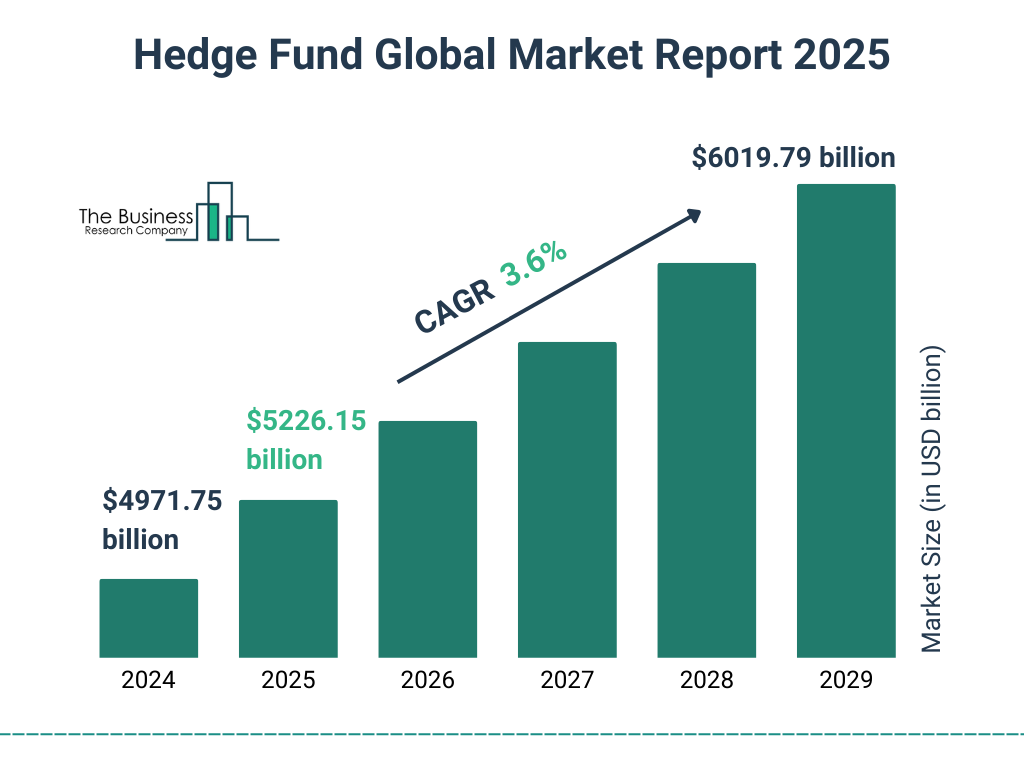
By Samira Farzad
Opening Graph: By The Business Research Company
Dubai is making waves in the financial world with its ambitious plan to transform into a premier global hedge fund hub through sweeping regulatory reforms. The city is considering major changes designed to create a more welcoming environment for international hedge fund managers looking to establish or expand their presence in the region.
The proposed regulatory overhaul includes reducing minimum capital thresholds, lowering emergency cash requirements, and eliminating certain rules for vetting key hires. These changes aim to reduce barriers to entry and operational constraints that have previously made some fund managers hesitant to choose Dubai as their base of operations.
Dubai’s financial sector has already seen remarkable growth in recent years, with the Dubai International Financial Centre (DIFC) reporting that registered hedge funds have doubled to 75 as of February 2025. The industry now employs over 1,000 professionals in the city, signaling strong momentum even before these new reforms take effect.
The emirate has successfully attracted at least 37 billion-dollar firms that collectively manage more than $510 billion in hedge fund assets. This impressive achievement reflects Dubai’s growing appeal as a financial center that offers stability, strategic geographic positioning between Eastern and Western markets, and significant tax advantages compared to traditional financial capitals.
These reforms align with the UAE’s broader economic strategies, which aim to diversify the economy beyond oil dependency. The hedge fund sector represents a high-value target that could bring substantial capital, expertise, and prestige to Dubai’s financial ecosystem.
The proposed changes are expected to trigger a new wave of hedge fund relocations and expansions in Dubai, potentially reshaping the global hedge fund landscape. For fund managers seeking a combination of regulatory flexibility, tax efficiency, and access to emerging markets, Dubai’s moves may prove attractive as it increasingly challenges the dominance of traditional financial centers.
Farzad is Head of Business Development at HF Quarters













